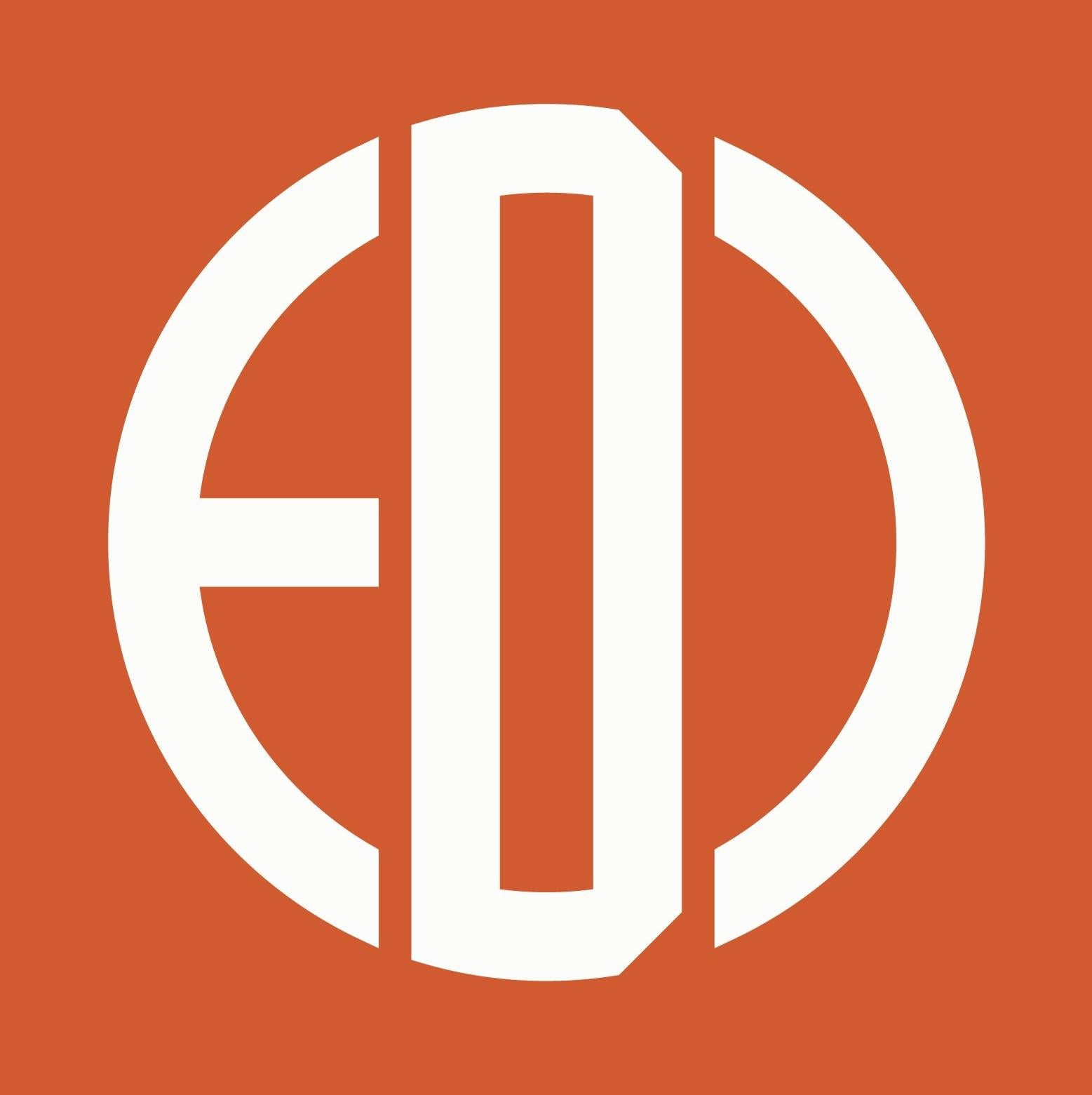I’ve been using a Flint 2 for the better part of a year. No complaints. I was used to a decent Asus router and replaced it when it went end-of-life because the OpenWRT firmware for the ASUS device wasn’t feature-complete.
I installed vanilla OpenWRT as soon as I took the Flint 2 of the box and I ran into no major issues. I only need to focus on home use with wired and wireless clients, plus a network printer. The web interface works as advertised, as has the command line interface to the extent that I’ve played around with it. Once I dealt with the basic setup, I’ve been able to forget that it’s there other than to install new updates when they become available. Whenever I feel like it, I’ll see about installing some services like router-level vpn or network adblocking. Not a priority yet, plus I like doing clean installs when I update the router firmware.









No thoughts available. My plan was to get a newish router compatible with standard OpenWRT so I flashed the latest release within five minutes of opening the box.
I appreciated the custom skin that glinet provided for the web interface in passing.